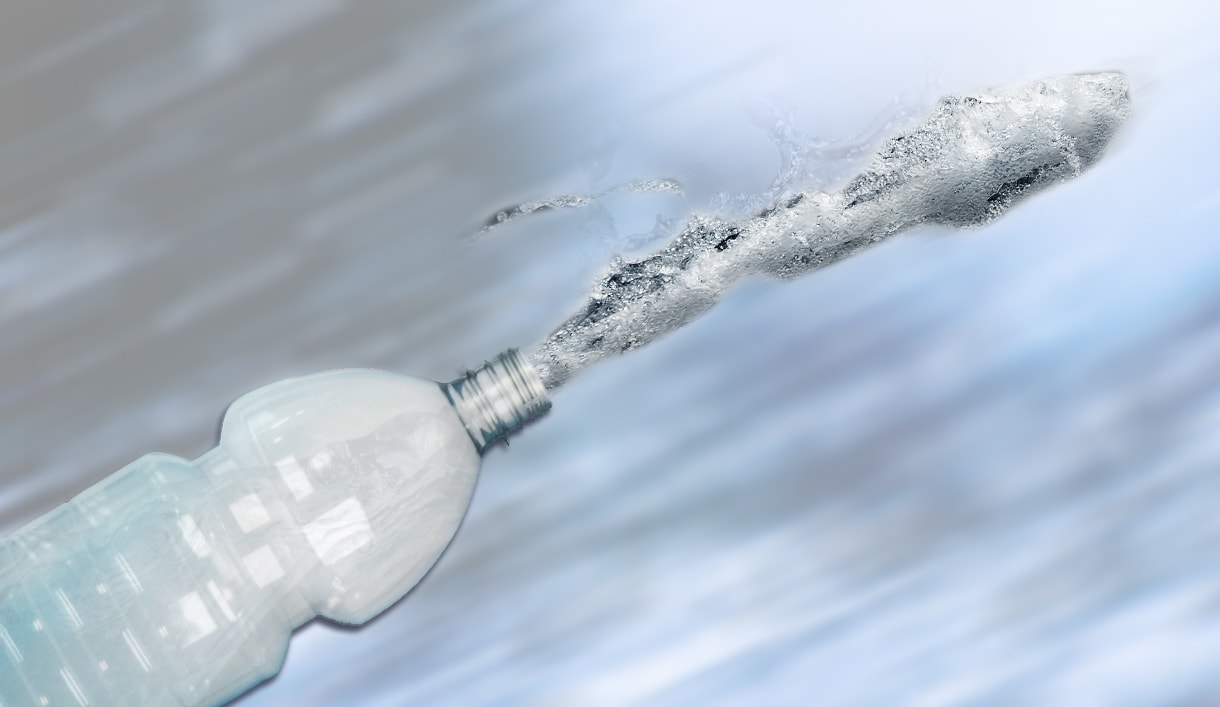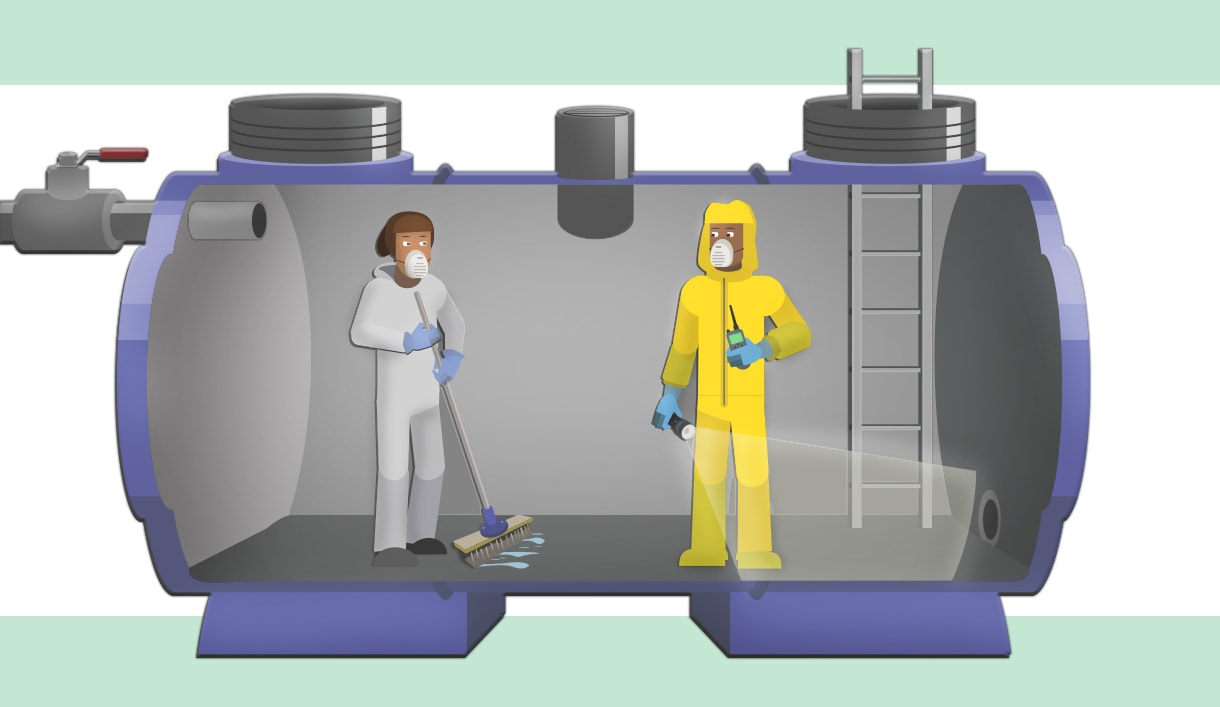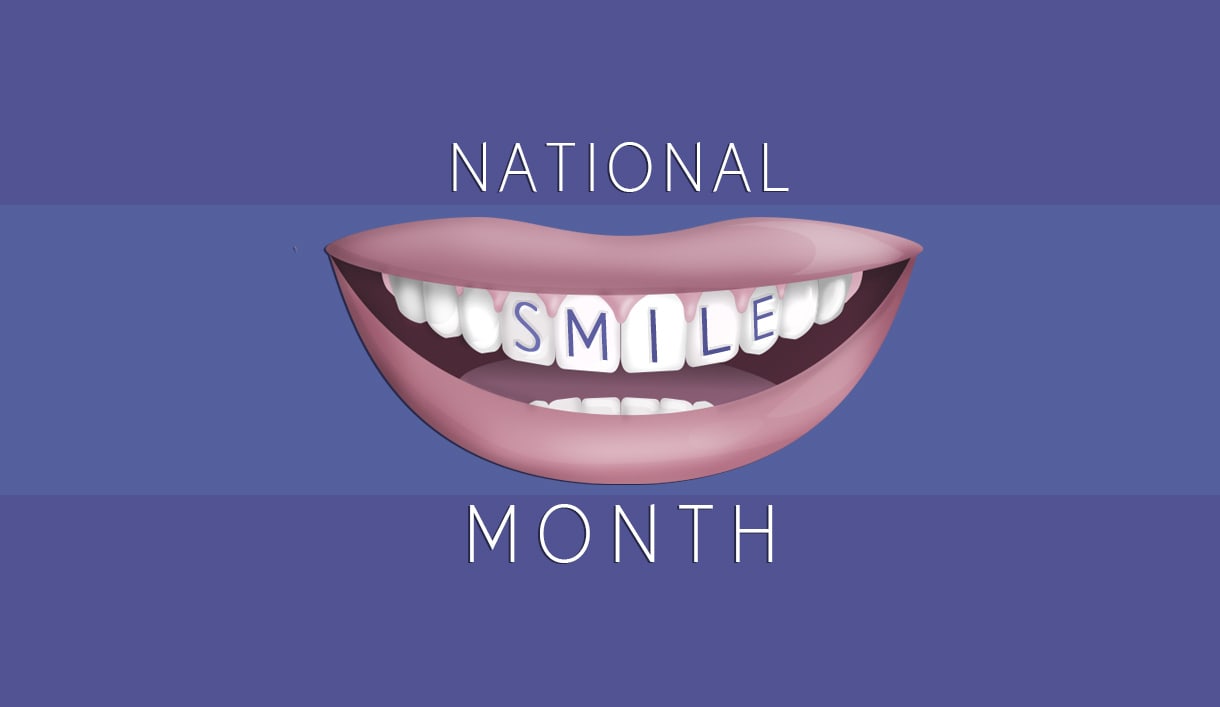Health Benefits and Risks of Drinking Water
The Elixir of Life or Potentially Lethal in Excess?
As a swimmer I spend a lot of time in water whether this is at a swimming pool or in open water such as rivers and lakes. I also inadvertently end up drinking some of this water and it’s not always the cleanest!
Touch wood I’ve not suffered any illness yet however it has prompted me to think about what the actual benefits are of drinking water as well as some of the dangers that don’t just come from drinking dirty or contaminated water
10 Benefits of drinking water
1 – Water flushes out toxins
Water can flush out toxins in our body through sweat and urine. It can also help our kidneys and reduces kidney stones by diluting salts and materials in our urine that cause stones.
2 – Temperature regulation
Water allows heat from the body to be released when sweat evaporates from the skin surface. It also has thermal properties and helps keep joints and muscles lubricated which reduces cramps and things like sprains.
3 – Digestion and constipation
Drinking sufficient water improves the metabolism and helps the body break down food more effectively. Warm water is particular good for digestion. If the body doesn’t have enough water then it pulls it from the stools and therefore makes them harder and difficult to pass.
4 – Reduction in headaches and migraines
These are often caused by dehydration and research in the European Journal of Neurology found that increasing the amount of water you drink can reduce the total number of hours and intensity of headaches.
5 -Weight loss and appetite suppression
A clinical trial found that if we drink two 8 ounce glasses of water prior to a meal then it fills the stomach and can suppress our appetite resulting in us eating less. Water also increases the rate that the body burns fat and helps with the breakdown and elimination of fat cells.
6 – Healthier skin
Capillary blood flow is improved when we are hydrated and this helps with healthier skin. Water also replenishes skin tissue, moisturises skin and improves its elasticity
7 – Relieves tiredness
When there’s less water in our body then our blood volume drops which means the heart has to work harder to pump oxygenated blood around the bloodstream. Other major organs also become less efficient.
8 – Faster recovery from hangovers
Alcohol is a diuretic and makes us go to the toilet more which results in dehydration. Rehydrating helps the body as highlighted above and we recover more quickly.
9 – Reduction of bad breath
Water keeps our mouth moist which washes away bacteria and food particles, diluting the bacteria compounds that cause bad smells.
10 – Improves mood
Some research suggests that if we’re mildly dehydrated by even 1 or 2 percent then it can negatively affect our mood and our ability to think.
Potential problems from excessive consumption
Professor Mark Whiteley, a consultant vascular surgeon and founder of The Whiteley Clinic in London is an expert that has expressed concerns about excessive water consumption.
1 – Excessive sweating
He states that over drinking is linked to extreme sweating problems. In some cases this is so severe his patients are considering surgery to remove their sweat glands.
2 – Sleep disruption
Professor Whitely also says that drinking a lot of water at the end of the day can disrupt sleep. He states that ‘when we fall asleep, our brains release ADH, an anti-diuretic hormone, to slow down kidney function and stop us feeling the need to urinate during the night’. If we have extra fluid in our system then it can override the effect of ADH, fill our bladder and then we need to get up in the middle of the night. He recommends that it’s best not to drink fluid for two or three hours before bed and that if sleep is a problem then to have ‘a warm bath just before bed, which will encourage you to sweat and dehydrate slightly, which will make it less likely you will need to get up in the night’.
3 – Water intoxication
Research in 2015 has stated that at least 14 people have died from drinking too much water while participating in sport. Victims have included marathon runners as well as people doing yoga and playing lawn green bowling.
The risk can come from pre-loading with excessive water and then drinking too much whilst exercising. It hasn’t just affected this group of people however; a 40-year-old mother in Huddersfield was on a weight loss programme and died of water intoxication after drinking 4 litres of water in a couple of hours. The problem is that too much water dilutes the salts in our blood which causes water intoxication with symptoms such as headaches, vomiting and mental disorientation. The kidneys also can’t flush the water out of our bodies quickly enough and this excess water enters the cells in our body and causes them to swell. When the brain cells start to swell then the condition can lead to seizures, comas and potentially death.
How much water should we drink?
It’s clear that there are pros and cons associated with drinking water so as with most things in life, drinking water should be done in moderation.
As a rough guide you can calculate your recommended intake by taking your
(lbs) and dividing it by 2 to get an estimate of how many ounces of water you should drink daily, essentially:
Your weight (lbs) ÷ 2 = Water intake in ounces
With 8 ounces being approximately one glass of water and the average human weight being around 130 lbs, for most people this will mean a recommendation of eight glasses a day.
Remaining hydrated is a key component of a healthy lifestyle, just make sure your intake is sensible the issues of excess won’t be a problem.
Philip Slingsby









Leave a Reply
Want to join the discussion?Feel free to contribute!